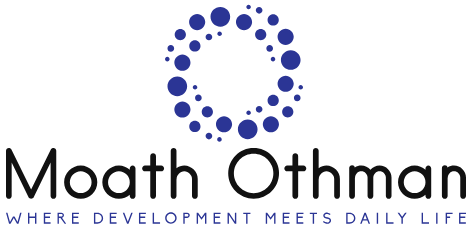Why I Switched to an Eyeglass Case With Clip: My Expert Experience and Tips for Choosing the Best One
As someone who has always been a bit of a spectacle enthusiast, I can tell you that the right accessories can make all the difference in the world. One accessory that has captured my attention lately is the eyeglass case with clip. At first glance, it might seem like just another storage solution for our…
